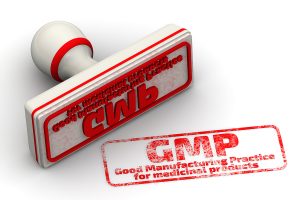 If you have decided to start your own supplement line, there are several important questions you should ask before initiating the supplement manufacturing process. Many people don’t believe that the supplement industry is regulated enough, but that couldn’t be further from the truth. Currently, there are hundreds of local and even federal laws pertaining to the regulations and best practices regarding supplement manufacturing.
If you have decided to start your own supplement line, there are several important questions you should ask before initiating the supplement manufacturing process. Many people don’t believe that the supplement industry is regulated enough, but that couldn’t be further from the truth. Currently, there are hundreds of local and even federal laws pertaining to the regulations and best practices regarding supplement manufacturing.
GMP stands for Good Manufacturing Practices and is the set of best practices for supplement manufacturing companies to follow. These practices are maintained by the U.S. Food and Drug Administration (FDA) and are regulations put into place to create a baseline of requirements that supplement companies should adhere to before producing their supplement line.
To know whether the manufacturer is GMP certified or not, all you really need to do is ask. Once they answer, it is then appropriate to ask the manufacturer for the documentation proving that they are in fact GMP certified.
You should also inquire about the manufacturer’s history including any previously issued citations or violations there may have been. Doing so will provide you with even more information about the manufacturing company and how they will resolve any issues you may have during the manufacturing process.
Before launching your new line of vitamins or supplements, make sure that all records are being properly maintained and the manufacturer is GMP certified. You should also consider whether or not you want your product labels to mention GMP.
When you enter the industry of dietary supplements, having this certification is important because this is a highly competitive industry and mistakes are often made. Not going with a manufacturer that is certified could result in a negative brand impact for your line and may also lead to contamination and even recalls.
One mistake like this can result in the demise of your entire brand because of the lost consumer confidence in both your brand and the product you are offering.
The certification places your brand in a more positive light, gives you an edge over the competition, reduced the legal and even moral risks and implications you may face, and helps protect your brand and ensure more positive publicity.